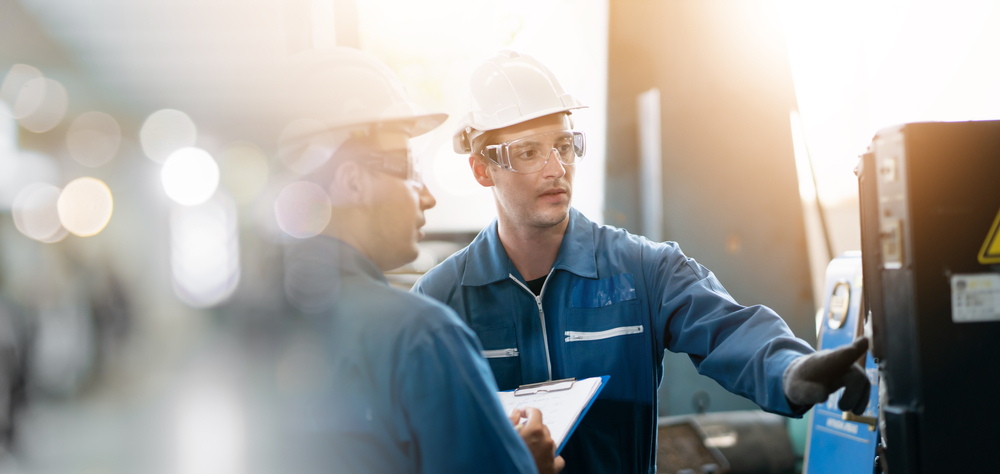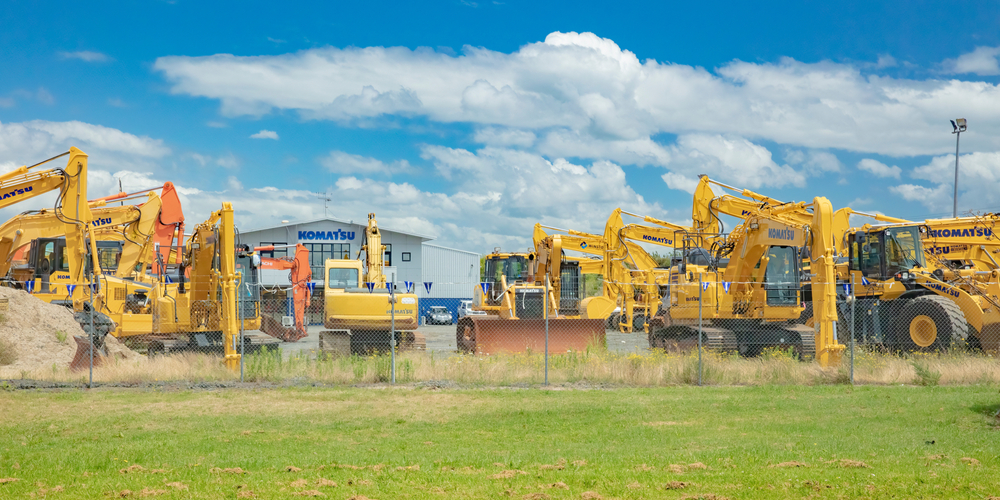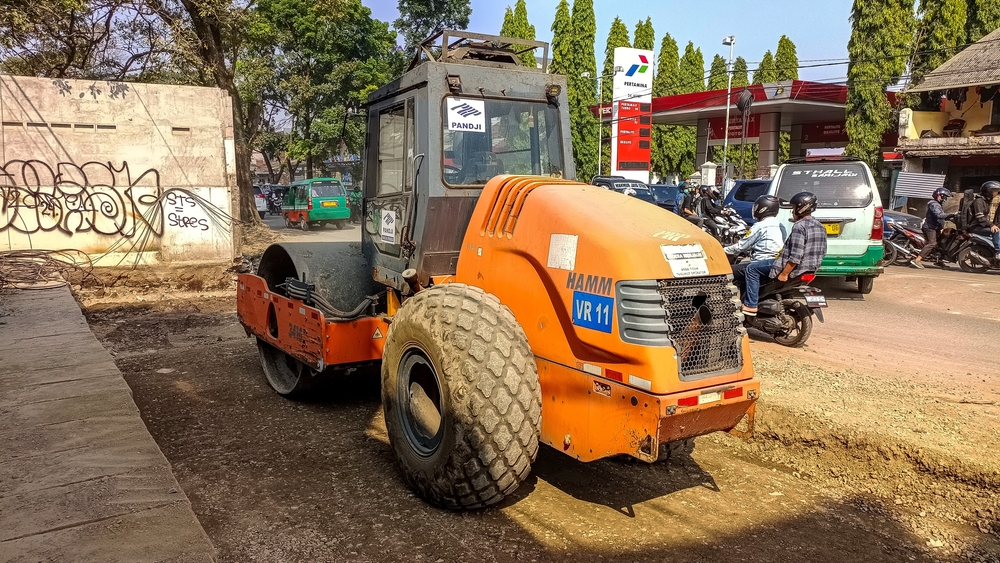Determining how much an excavator costs is crucial for any construction industry professional, business owner, procurement specialist, or contractor planning to enhance operational capacity through this significant investment.
Excavators play a pivotal role in various industrial applications, from construction to mining, and understanding their cost implications is essential for making informed purchasing decisions.
Breaking Down Excavator Costs
The cost of an excavator is influenced by several key factors, including size, horsepower, and brand reputation.
Typically, the prices for new excavators can range widely based on these variables. For instance, mini excavators may cost between $20,000 and $50,000, while larger models, especially those with higher horsepower and enhanced features, can easily exceed $100,000.
Brand also plays a critical role; well-known brands like Caterpillar and Komatsu often command premium prices due to their perceived reliability and advanced technology.
The used excavator market presents more variability. Prices are generally lower, but the age, condition, and hours of operation significantly impact cost.
Market trends also influence these prices, with fluctuations based on supply and demand dynamics. For buyers, understanding these trends can help in timing their purchases to secure the best deals.
Exploring Excavator Types and Their Impact on Pricing
Excavators are classified into several types, each designed for specific operational needs and environments, which directly impacts their pricing:
Mini Excavators
Ideal for smaller projects and confined spaces, mini excavators are less expensive and easier to transport. Prices typically range from $20,000 to $50,000, depending on features and capabilities.
Crawler Excavators
Known for their stability and significant digging power, crawler excavators are better suited for larger and more demanding projects. Their costs are higher due to their size and enhanced durability, generally starting around $100,000.
Wheeled Excavators
Offering mobility and flexibility, wheeled excavators are preferred in urban settings or for jobs requiring frequent repositioning. These machines come at a premium because of their advanced maneuverability and speed, with prices often exceeding those of similar-sized crawlers.
Each excavator type presents unique capabilities and limitations:
Mini Excavators are best for light-duty tasks and can reduce damage to the surrounding environment.
Crawler Excavators provide greater power and precision, ideal for earthmoving and complex digging operations.
Wheeled Excavators are most effective in developed areas where moving between multiple sites in a single day is necessary.
Choosing the right type of excavator can significantly influence both the initial investment and the long-term value, making operational efficiency a critical factor in overall cost-effectiveness.
The New Versus Used Dilemma
Deciding between new and used excavators involves weighing various factors that influence both the short-term costs and long-term benefits:
New Excavators:
- Provide the latest technology and innovations, which can enhance productivity.
- Offer improved fuel efficiency, reducing operational costs over time.
- Come with manufacturer warranties, offering peace of mind and protection against initial defects.
Used Excavators:
- Are often available at significantly lower prices, making them attractive for budget-conscious buyers.
- Pose risks such as higher maintenance requirements and potential for unseen mechanical issues.
- May have a shorter operational lifespan, depending on their past use and maintenance history.
Key considerations when choosing between new and used include:
Depreciation
New excavators depreciate faster, meaning their resale value drops quickly within the first few years.
Technology
Older models may lack recent technological advances, impacting efficiency and compatibility with current standards.
Warranty
New models come with warranties that used machines typically do not offer, unless purchased from a certified dealer
.
For those opting for used excavators, it’s essential to:
- Examine the mechanical state, hydraulic systems, and overall wear and tear.
- Inquire about the machine’s operational history, maintenance records, and previous ownership.
Beyond the Price Tag: Additional Ownership Costs
Owning an excavator extends far beyond the initial purchase price. There are several ongoing and sometimes hidden costs that can significantly affect the total cost of ownership. These include maintenance, repairs, fuel consumption, and even financing or leasing options.
Each of these elements must be carefully considered to ensure the financial viability of an excavator investment.
Maintenance and Repairs
Routine Maintenance: Regular maintenance such as oil changes, filter replacements, and hydraulic system checks are essential to keep an excavator running efficiently. These costs can vary but typically involve labor and parts, which may increase over time as the machine ages.
Unexpected Repairs: Excavators, especially those heavily used or older, may require unforeseen repairs that can be costly. Components like undercarriages, tracks, and engines might need replacement or repair, which can quickly add to the ownership costs.
Fuel Costs
Fuel Type and Consumption: The type of fuel and the efficiency of the excavator play a significant role in operational costs. Diesel is the most common fuel type for heavy machinery, and its price fluctuation can impact overall expenses.
Efficiency Considerations
Newer models tend to be more fuel-efficient than older ones. Choosing an excavator with better fuel efficiency can lead to significant savings over the lifespan of the machine.
Financing and Leasing Options
Financing Plans: Many buyers opt for financing to spread the cost of an excavator over a period. This option typically involves interest, which adds to the total expenditure over time but makes the initial purchase more manageable.
Leasing Agreements: Leasing is another alternative, which allows users to essentially rent the equipment for a specified term. This can be beneficial for those who need an excavator for a limited time or prefer not to commit to a purchase. At the end of the lease, there might be options to purchase the equipment at a residual price.
Insurance and Taxes
Insurance Costs: Excavators require insurance to protect against theft, damage, and liability. The cost of insurance can vary based on the value of the equipment, the type of coverage, and the risk factors associated with its use.
Property Taxes: Depending on the location, owners may also be required to pay taxes on their heavy machinery, which should be factored into the overall cost calculations.
Depreciation
Resale Value: Excavators depreciate over time, which affects their resale value. Understanding the expected depreciation can help owners plan for future upgrades or replacements and manage their financial planning accordingly.
Final Thoughts and Smart Buying Strategies
Investing in an excavator is a significant decision that requires careful consideration of both immediate and long-term financial impacts. Understanding the factors affecting excavator costs and the implications of owning such equipment, buyers can make more informed choices.
It is also beneficial to weigh the advantages of different types of excavators and decide between new and used models based on their specific needs and budget constraints.
In conclusion, while the initial cost of an excavator is a considerable factor, the overall value comes from careful selection, understanding of ongoing costs, and smart financial planning.
We encourage our readers to consult with ESP to explore tailored advice and options that align with their operational needs and financial capabilities. This strategic approach will ensure that investments in excavators are sound and beneficial to their business operations.









